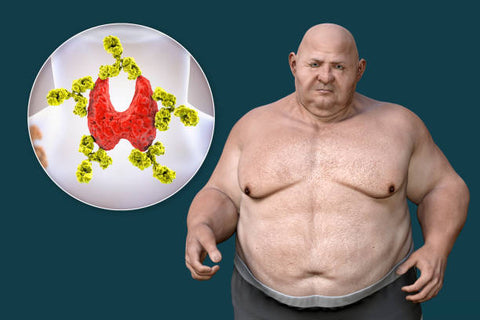Food allergies are a common type of allergic reaction that occurs when the immune system responds to a specific food as if it were a harmful substance. Food allergies can range from mild to severe and can affect anyone at any time. In this blog, we will discuss the causes, symptoms, and treatment of food allergies.
Causes of Food Allergies

A food allergy occurs when the immune system mistakenly identifies a protein in a specific food as a harmful substance and releases chemicals to fight it. The causes of food allergies can vary, but the most common reasons include:
-
Genetics: Some people may have a genetic predisposition to develop food allergies.
-
Exposure to Allergens: Exposure to certain allergens in the environment, such as pollen or dust, can increase your risk of developing food allergies.
-
Delayed Introduction of Foods: Delaying the introduction of certain foods to infants may increase the risk of developing allergies to those foods.
Symptoms of Food Allergies

The symptoms of food allergies can vary from mild to severe and can include:
- Hives or eczema
- Swelling of the face, lips, or tongue
- Nausea or vomiting
- Diarrhea or abdominal cramps
- Anaphylaxis (a severe allergic reaction that can cause difficulty breathing, a drop in blood pressure, and even death)
It is important to note that not all adverse reactions to food are allergies. Some reactions can be food intolerances or sensitivities, which can cause similar symptoms but do not involve the immune system. However, if you experience any of the symptoms listed above after eating a specific food, it is important to seek medical attention immediately.
Treatment of Food Allergies
If you have a food allergy, the only way to prevent a reaction is to avoid the specific food that triggers it. Depending on the severity of the allergy, your doctor may prescribe antihistamines or epinephrine (in severe cases).
If you have a known food allergy, it is important to inform all food establishments and friends/family members before eating anything, as even a small amount of the allergen can cause a reaction. You may also want to carry an epinephrine auto-injector with you at all times in case of a severe reaction.
Prevention of Food Allergies
While it is not always possible to prevent food allergies, there are some steps you can take to reduce your risk:
-
Introduce new foods to infants at an early age, as delaying the introduction of certain foods may increase the risk of developing allergies to those foods.
-
Breastfeed infants, as breast milk may help reduce the risk of developing food allergies.
-
Avoid highly processed foods and focus on a diet that includes a variety of whole, nutrient-dense foods.
-
Seek medical attention if you suspect that you have a food allergy, as early diagnosis and treatment can help prevent future reactions.
In conclusion, food allergies are a common type of allergic reaction that can range from mild to severe. By avoiding the specific food that triggers the allergy and informing others of your allergy, you can reduce your risk of experiencing a reaction. By introducing new foods to infants at an early age, breastfeeding, and focusing on a whole-foods diet, you can also help reduce your risk of developing food allergies.












